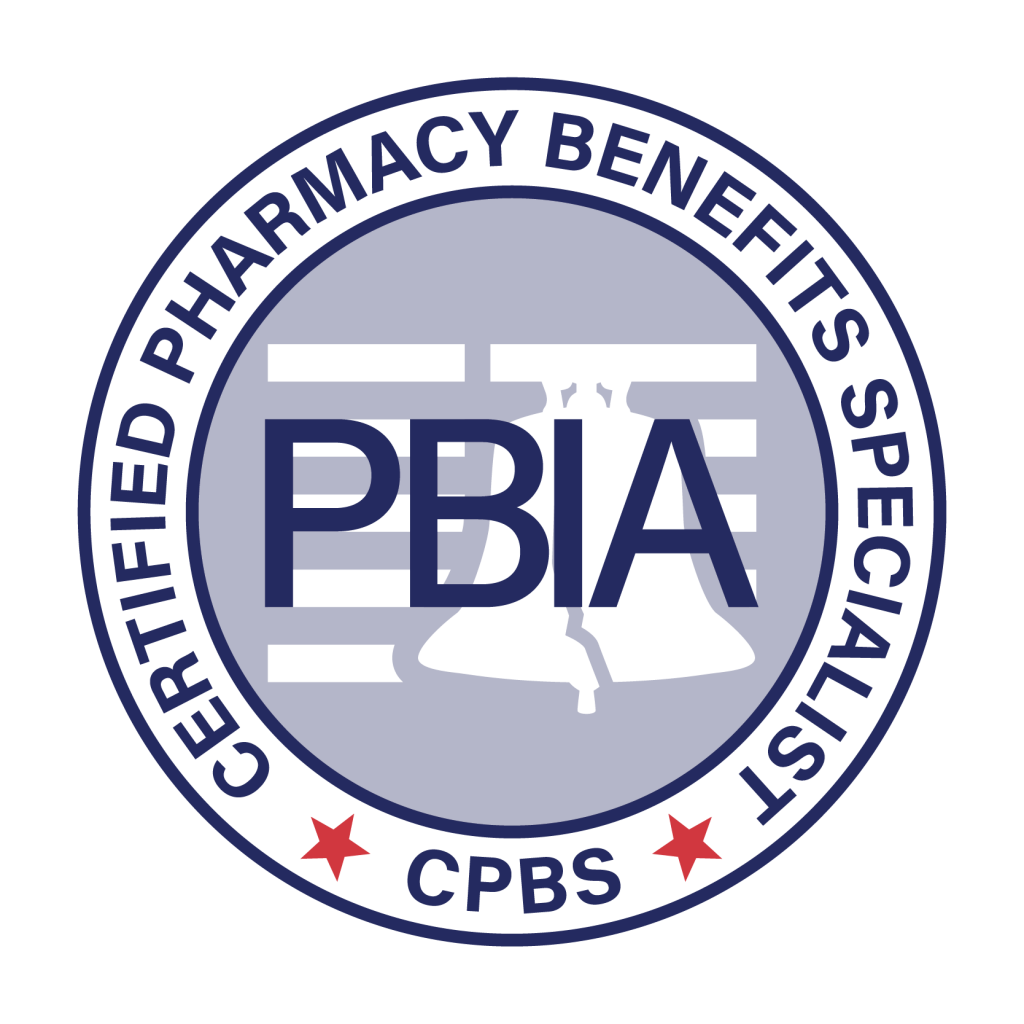A specialty drug is a type of medication that is used to treat complex or chronic conditions and requires specialized administration, handling, and monitoring. These drugs are often high-cost (⁓$10000/yr.) and may require special storage or handling conditions. Examples of specialty drugs include biologic medications used to treat autoimmune disorders, cancer treatments, and intravenous medications for severe infections or pain management.
Specialty drugs are often used for rare or complex medical conditions and may require close monitoring and management by healthcare professionals. They may also have unique side effects and require specialized administration, such as intravenous infusions or subcutaneous injections.
Because of their high cost and specialized nature, the management of specialty drugs can be a challenge for patients, healthcare providers, and insurance providers. In some cases, patients may require prior authorization or other utilization management techniques to ensure that these drugs are used appropriately and cost-effectively. Here are 10 ways employers can effectively manage the cost of specialty drugs.
- Partner with a radically transparent or fiduciary pharmacy benefit manager (PBM): PBMs specialize in managing prescription drug costs and can help negotiate lower prices for specialty drugs.
- Encourage the use of generic and biosimilar options: Encouraging employees to use generic and biosimilar versions of specialty drugs can help reduce costs.
- Implement a value-driven formulary management program: A value-driven formulary management program allows an employer to benefit from efficiency or safety and outcomes at the lowest net cost. Concisely, value-driven formularies help reduce costs for specialty drugs. In rebate-driven formularies, high-cost drugs create big earnings for PBMs that don’t have a legal duty to contain its clients costs. How motivated is your PBM to manage the formulary to lowest net cost? A generic dispense ratio (GDR) < 85% is an indication your PBM is not motivated much at all to deliver lowest net cost.
- Negotiate with pharmaceutical manufacturers: Unions, coalitions, and large employers (Fortune 100) can negotiate directly with pharmaceutical manufacturers or health plans to include cost-saving measures for specialty drugs.
- Leverage mail-order pharmacy efficiencies: Mail-order pharmacies often have lower prices for prescription drugs, including specialty medications.
- Offer a medication therapy management (MTM) program: Encouraging employees to engage in preventive care and effectively manage chronic conditions can reduce the need for expensive specialty drugs.
- Implement a reference-based pricing program: This program sets a maximum payment for certain drugs, which can help control costs for specialty drugs.
- Provide educational resources: Educating employers and employees about the cost of specialty drugs and available cost-saving options can help them make informed decisions.
- Encourage the use of patient assistance programs: Employers can educate employees about the availability of patient assistance programs offered by pharmaceutical companies, which can help cover the cost of specialty drugs.
- Consider alternative treatment options: Employers can encourage the use of alternative treatment options, such as physical therapy or over-the-counter medications, which may be more cost-effective than specialty drugs.
There are thirty-two teams in the National Football League (NFL). The Super Bowl is the championship game of the National Football League (NFL), the highest level of professional American football in the United States. It is considered one of the biggest annual sporting events in the world. The Super Bowl is the reward for two teams who are better in the sport than the other 30 teams. The Kansas City Chiefs beat the Philadelphia Eagles yesterday in the Super Bowl. The Chiefs won the game because they executed better than the Eagles.
It’s important to note I’m not sharing any secret sauce with 10 Ways Employers Can Effectively Manage the Cost of Specialty Drugs. Yet, there are PBMs which execute better than others. Thirty-two teams play American football but two played it better than all the others. The same is true in pharmacy benefits management.
The buyer (plan sponsor) needs to be aware of the competitive market and their capacity to drive disclosure of information on services that are important to them, in addition to what they hope to accomplish in their relationship with their PBM. A trained eye with firsthand understanding of the purchaser’s benefit and disclosure objectives will be more efficient in evaluating transparency. Buyers of PBM services who are knowledgeable and sophisticated are the best advocates for radical transparency and lowest net cost.
